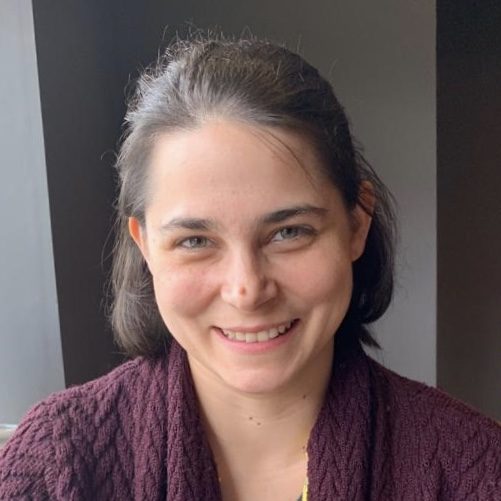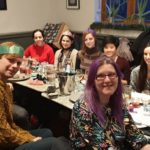Dr Diana Papp
Post Doctoral Scientist
Developing tools to understand how Bifidobacteria promotes gut health
I am interested in how Bifidobacteria modulates cellular homeostasis in the intestinal epithelial cells. To investigate this, I use “mini guts”, organoids from mouse and humans to uncover the molecular mechanism by which the different cell types can sense and respond to Bifidobacteria.
During my PhD I was working on how intestinal cells respond to pathogenic bacteria, Pseudomonas aeruginosa in the nematode Caenorhabditis elegans. I have shown that during pathogen attack, cellular homeostasis such as oxidative stress response plays an important role to keep the gut cells alive while fighting the bacteria. To help other researchers to uncover hidden interactions involving the oxidative stress response, I initiated and contributed to the development of the NRF2ome web resource (http://nrf2ome.org). Since then, NRF2ome has become one of the main database on NRF2, the master regulator of oxidative stress response. As a pre-doc, I have worked on an other fundamental homeostatic process, autophagy. I investigated how NRF2/SKN-1 regulates autophagy upon prolonged oxidative stress. I studied host-microbe interactions in plants, while I was working at the John Innes Centre as a post-doc. I have developed transgenic plants to investigate intercellular communication during pathogen attack.
I joined the Hall lab in June 2019 as a visiting post-doc with a talent support scholarship of Laszlo Solyom, the former President of the Republic of Hungary. In the Hall lab I would like to integrate my skills to develop transgenic mini-guts to understand how beneficial bacteria, Bifidobacteria affect the intestinal cells and promote gut health.






